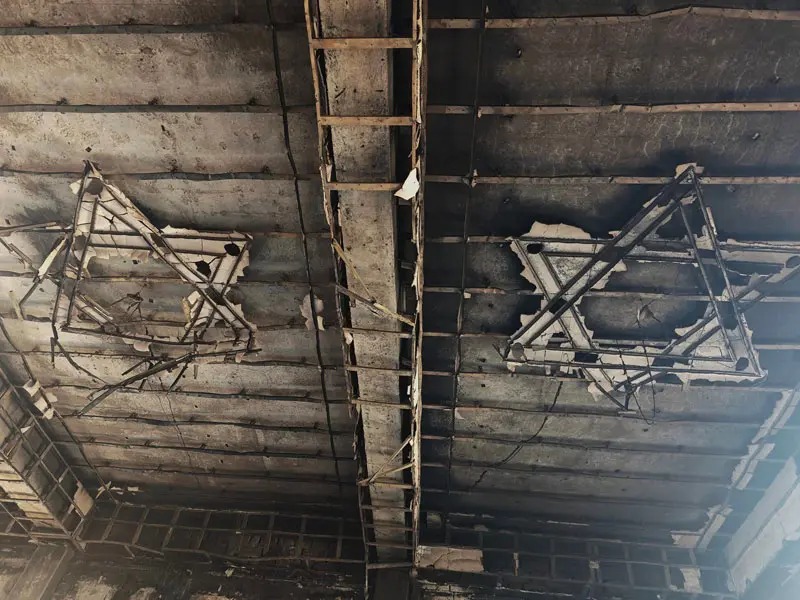They Are Ethnic Jews. Antisemitism and Attitudes Towards Israel in Russia and Ukraine in the Context of the War (2022-2024)

February 24, 2022, brought the entire international community’s attention to the post-Soviet space. On October 7, 2023, the ruthless attack on Israel by Hamas terrorists was a clear illustration that the Kremlin is not alone in its willingness to shed a sea of blood to achieve its cannibalistic goals. The unprecedented wave of Jew hatred that followed around the world recalled the darkest periods of history. Paradoxically, against the backdrop of increased interest in antisemitism and increased attention to Russia and Ukraine, there is now nothing to satisfy the demand for information about antisemitism in these countries.
Meanwhile, the situation is changing in a severe way. It is obvious that it is developing in different directions in the two countries. This is all the more noteworthy because previously, despite the armed conflict that has lasted since 2014 and the difference in the political system and public sentiments, the manifestations of antisemitism until recently could largely be characterized by features common to almost the entire post-Soviet space.
The situation with antisemitism in the post-Soviet space was virtually unaffected by the dynamics of the Palestinian-Israeli conflict. The “carriers” of antisemitism in Russia and Ukraine remained the traditional groups – neo-Nazis, other ultra-right, and simply radical nationalists, as well as members of conservative religious groups. “Left-wing” intellectual antisemitism was generally uncharacteristic of post-Soviet countries. Compared to the United States and Western European countries, the number of recorded crimes (physical violence and acts of vandalism) motivated by antisemitism in Russia and Ukraine is minuscule, with a long-term trend toward a gradual decrease in their number. In the last three years, the image of Jews and Israel has been rethinking in Russia and Ukraine in the context of a full-scale war, which radically changes the optics. In this situation, opposing tendencies are clearly manifested in the two warring countries.
In Russia, due to the general logic of propaganda support for the aggression against Ukraine, antisemitism has taken a firm place in the state ideology. Russian President Vladimir Putin regularly makes anti-Semitic statements. There has been a shift in public sentiment about the Middle East conflict – Israel has lost the sympathy of most Russians. The most aggressive manifestations of antisemitism, up to and including terrorist acts, are primarily associated with radical Islamist groups. The number of anti-Semitic incidents in Ukraine has noticeably decreased, and the recorded cases are generally of a less significant nature than previously. The state has strengthened the legislative framework for combating antisemitism, and the detection rate of anti-Semitic crimes has increased.
Ukrainian society as a whole feels solidarity with the people of Israel. However, Ukrainian society is under significant stress in the context of the war. The common challenges that Ukraine is likely to face may negatively impact the situation with antisemitism in the near future.
The dynamics of the situation may make the conclusions of this report obsolete rather quickly. In order to better understand what is happening in Russia and Ukraine, it seems important to implement an ongoing program to monitor manifestations of antisemitism.
The entire text of the analysis is in English at the link.

